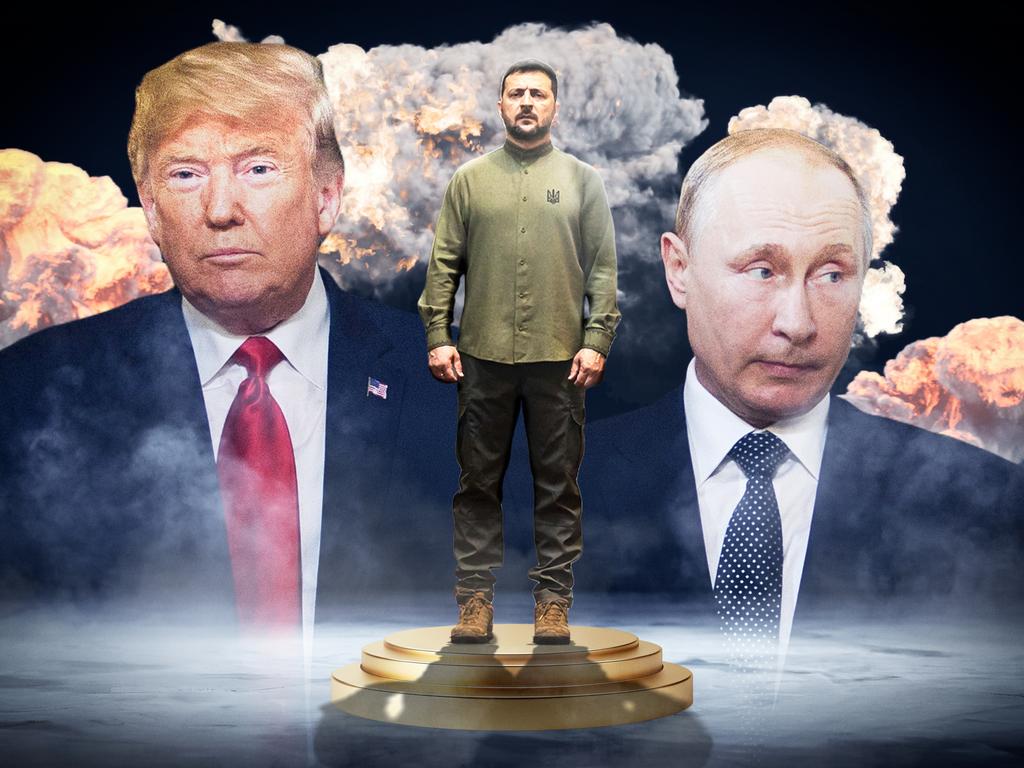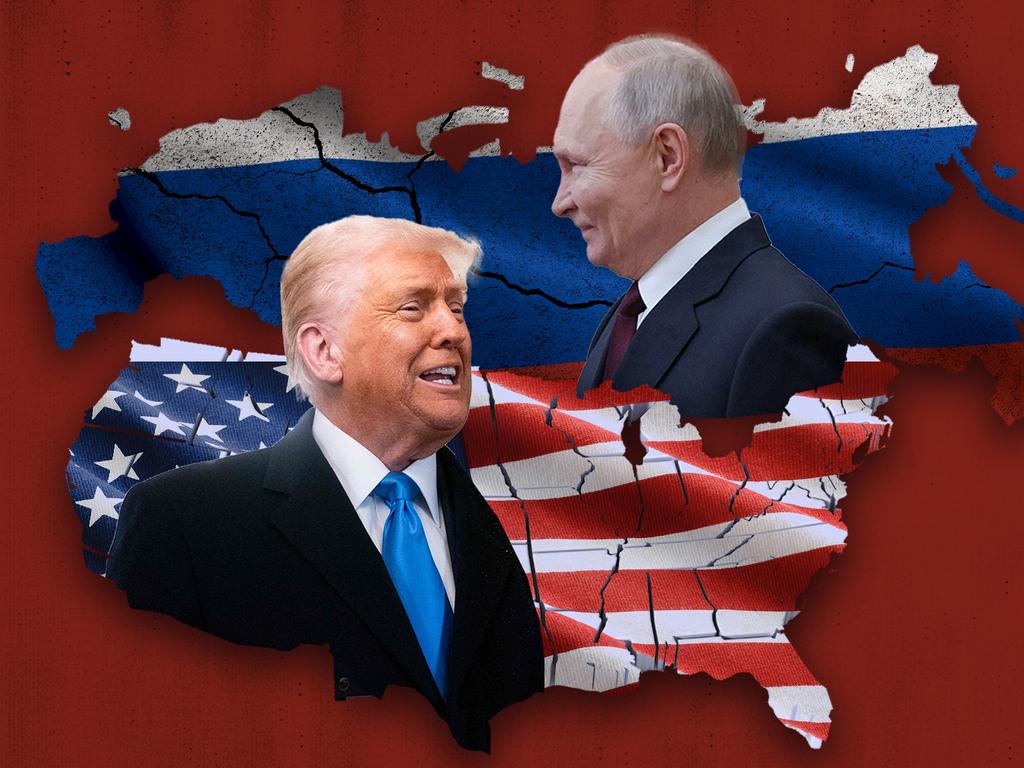Only US and Russia can end the bloodshed in Ukraine

During that period the EU has provided military equipment and financial assistance to Ukraine, although not nearly on the scale of that supplied by the US, but it has never made any effort to suggest how the conflict might ultimately be resolved. In fact, under the leadership of France and, to a lesser extent, Germany, it has encouraged Ukraine to reject any suggestion of negotiations that might lead to a settlement of the conflict.

It is easy – and correct at one level – to say the only just solution to the conflict is for Russia to withdraw from the territory it unilaterally invaded. But this is to ignore the reality that the Russians cannot be dislodged from some of these areas of Ukraine and they may well occupy even more territory if the war continues.
Moreover, the EU encouraged the eastwards expansion of NATO that commenced in the 1990s and supported the overthrow of the elected Ukrainian government in 2014. Neither of these occurrences constitutes a valid excuse for the invasion but there is certainly a question as to whether that invasion would have taken place in the absence of these events, particularly the accession of an anti-Russian administration in Kyiv in 2014.
It has been said that any settlement that left some of the – traditionally pro-Russian – territory in eastern Ukraine in Russian hands would amount to a concession that Russia exercises a sphere of influence in Eastern Europe. Historically, however, all great powers have exercised spheres of influence in and around their borders. Since the Monroe Doctrine was proclaimed in 1823 by the US, it has designated both North and South America to be US spheres of influence where foreign interference or hostile governments would not be tolerated. And there is no doubt China exercises a similar role in the Asian region. Russia is not as great a power as the US or China but its size and resources mean it is bound to have some influence over its neighbours.

All this suggest the only real possibility of ending the war lies in direct discussions between the US and Russia. It is true that Ukraine is a sovereign state and would have to consent to any terms of settlement but the enormous financial support the US continues to provide to Ukraine would be a powerful factor in its consideration of any terms, given the withdrawal of that support would significantly, perhaps fatally, damage Ukraine’s ability to continue its resistance to Russian advances.
The two sticking points in any negotiations are obviously how much of Ukrainian territory currently occupied by Russia would continue to remain under Russian control, and whether there should be any prospect of Ukraine becoming a member of NATO at some point in the future. On the second question, there seems to be a sharp division between the US and the EU, given the American opposition to Ukraine obtaining the formal status as a NATO member. The same division appears to exist between the US and the British, who have, however, tried to make themselves relevant to any settlement process by offering to place peacekeeping troops on the ground in Ukraine.
One matter that should not be a sticking point is the Russian annexation of Crimea in 2014. It is true that Crimea was at that time technically Ukrainian territory but this was really an accident of the dissolution of the Soviet Union in the late 1980s. It was unrealistic to imagine Crimea would not at some point return to Russia of which it had long been part.

There are many in the West who insist that Russian aggression should not be rewarded and cite the 1938 Munich Agreement as evidence that resistance is the only useful course. In what is almost a century since that agreement, Munich has often been invoked, even in relation to Vietnam in the 1960s, but seldom with any real utility, perhaps not surprisingly in view of its highly unusual circumstances.
There have been few parallels in history to Hitler’s Germany, and the current Russian regime, whatever its deficiencies, could hardly be placed in the same category. The conflict in Ukraine will only be ended by some fresh thinking and not by outdated historical analogies.
Michael Sexton is the author of Dissenting Opinions.






The European Union has complained about being sidelined by the discussions between the US and Russia over some kind of settlement to end the conflict in Ukraine. In many ways, however, this is the inevitable result of the EU’s role in the conflict over the past three years.